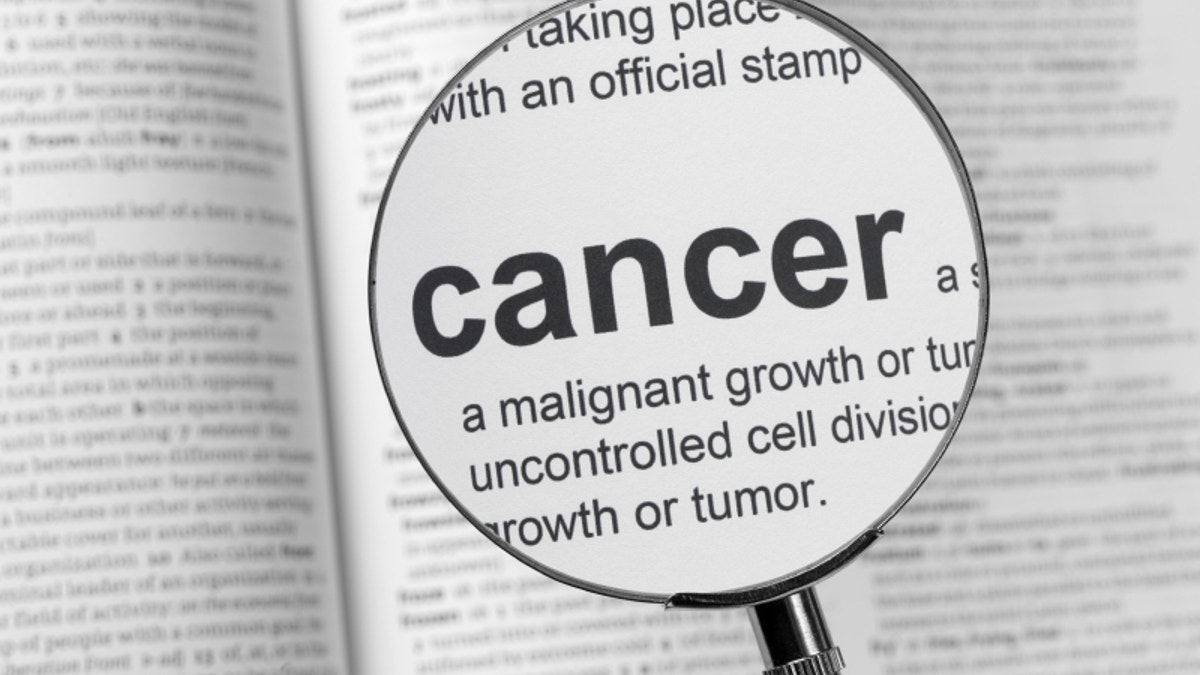
Adults who survived childhood cancer are facing a new health challenge: premature aging.
As more survivors reach their 30s and 40s, researchers are noticing health problems more common to much older people, such as frailty and serious memory impairment.
"Their overall physical being resembles that of people 30 years older than they are,'' said Kirsten Ness, associate member of the Department of Epidemiology and Cancer Control at St. Jude Children's Research Hospital in Memphis. She is one of the authors of a number of studies looking at premature aging in childhood cancer survivors.
The research is being driven by the growing number of childhood-cancer patients who now are adults—survival rates for many childhood cancers rose over recent decades—and the emergence of programs that follow them. Some experts estimate that one in every 640 adults aged 20 to 39 had cancer when he or she was a child.
One of the largest programs looking at the health risks of childhood cancer survivors is the St. Jude Lifetime Cohort Study, which follows people who were treated at St. Jude between 1962 and 2003. The subjects return to the hospital for regular testing and assessment.
Last month, St. Jude researchers reported in the Journal of Clinical Oncology that adult survivors of childhood cancer are far more likely than other people their age to be frail, with slow walking speed, low muscle mass and weakness more common to people decades older.








































